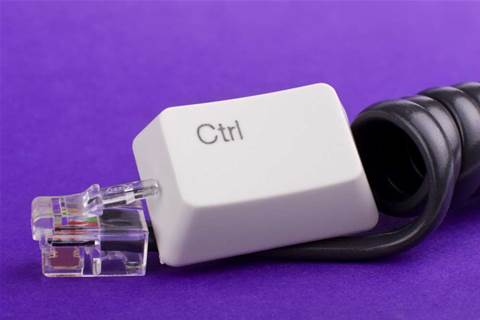Australia has been added to a list of "countries under surveillance" maintained by Reporters Without Borders (RWB), due to the Government's "dangerous content filtering scheme".
A report by the group fingers "developed nations" who too willingly acquiesce to the security demands of others.
Developed nations are also exporting harsher copyright laws across the world, it said.
The listing puts Australia amid an unusual set of companions, including Egypt, France, Malaysia, Sri Lanka, Russia, and the United Arab Emirates, although for vastly different reasons.
Much of the report focuses on information freedom in oppressive nations.
It looks at nations where popular movements have been powered by freer and faster information flows thanks to social networks and more powerful mobile communications.
Some governments have responded with greater surveillance. Others trawl social networks and Facebook connections for information on people involved in uprisings, decreasing the practice of beating suspects for information.
Electronic seals
Reporters Without Borders suggested that the neutralisation of encryption, anonymisation and circumvention tools is "being prioritised by repressive regimes".
"Iran is now capable of blocking https and the ports used by Virtual Private Networks," the organisation said.
"China is able to restrict the number of IP addresses that can connect to the international network at the same time."
Traditional means of repressing opposition groups, for example, by knocking out a few news sites have become sub-optimal, according to RWB.
"A much more effective way is to seal off the area concerned to prevent unwanted witness from entering and any digital content from leaving, and to cut off communications by blocking SMS messaging and by shutting down Internet access and mobile phone services in a temporary or targeted manner."
Egypt, for example, cut off the internet for five days during protests in February last year.
"Right to oblivion"
The RWB also appears to be against the European Union's updated Data Protection Directive, which proposes 24 hour data breach notification, data breach fines and most controversially, "the right to be forgotten" where users can request third-party hosted content be removed.
Opponents such as Microsoft, Google and even Britain's Information Commissioner have labelled the proposal "too prescriptive".
Google 's global privacy counsellor Peter Fleischer joked that the law would make him the world's biggest censor.
RWB takes a different view. "A generalised “right to oblivion,” enshrined in a law, would be hard to reconcile with online freedom of expression and information.
"Such a law would be hard to implement in practice and could place an impossible obligation on content editors and hosting companies – the complete erasure of online content.
"A thorough debate is need to determine whether individual rights are not already sufficiently guaranteed by existing legal provisions on the right to privacy, media offences, personal data and recourse to the courts."
Digital survival in warzones
The report also warns journalists visiting "sensitive countries should carry a "digital survival kit'.
"It is no longer enough to take a bullet-proof vest when setting off for a war zone or troubled region," Reporters Without Borders noted.
"A 'digital survival kit' is also needed to encrypt information, anonymise communications and, if necessary, circumvent censorship."




_(21).jpg&h=142&w=230&c=1&s=1)

.png&h=142&w=230&c=1&s=1)






.jpg&w=100&c=1&s=0)








_(1).jpg&q=95&h=298&w=480&c=1&s=1)


